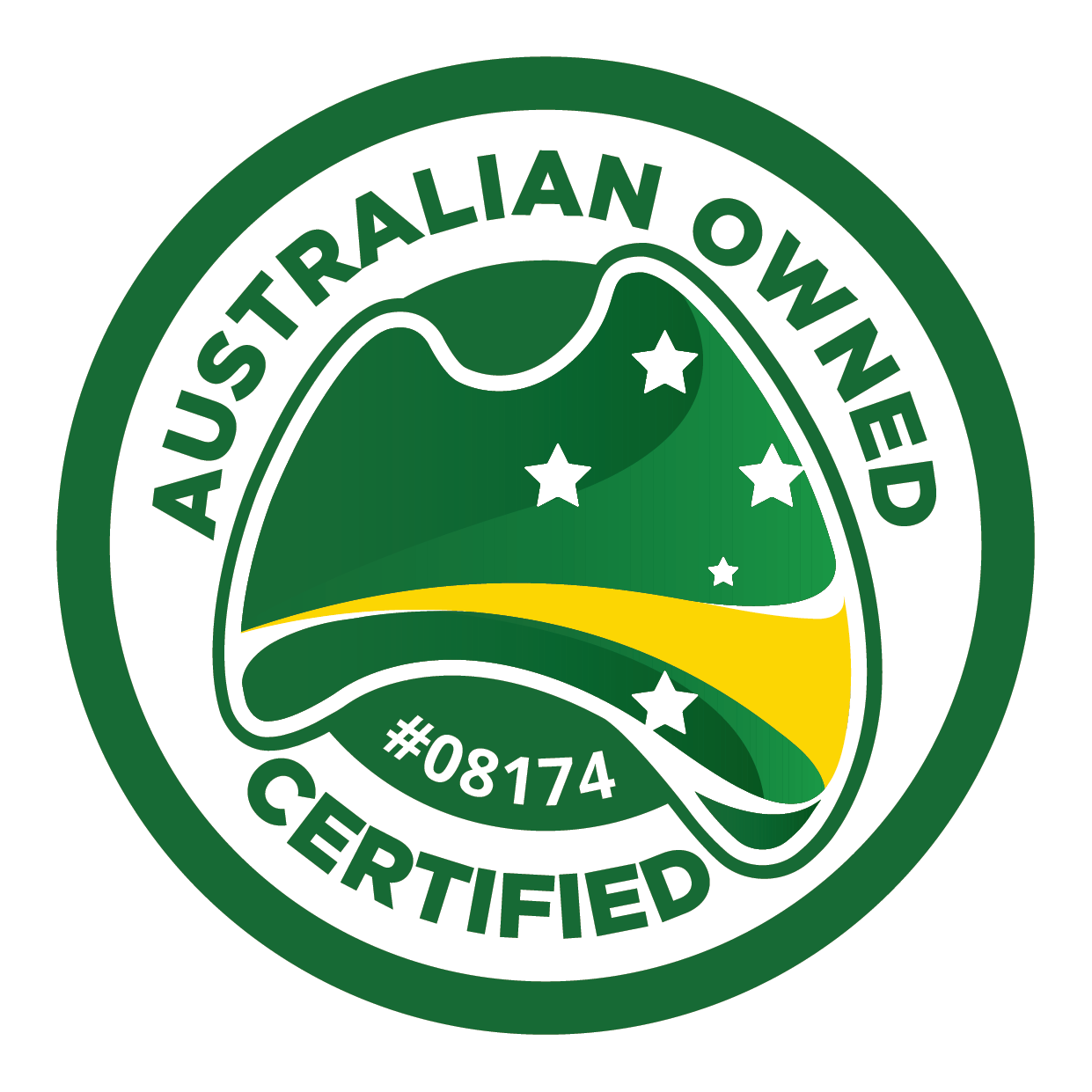Part 1- How compliance and quality assurance are two separate but intertwined concepts

When you plan to run a registered training organisation (RTO), you may find it difficult to know:
- the complete regulatory framework and environment
- your legal obligations and
- everything else required to run a successful, compliant Registered Training Organisation.
Take compliance and quality assurance, for example, you may have heard about them, but do you know what they mean?
What is compliance?
Numerous legislation, regulations and guidelines in Australia regulate the way we run an RTO such as:
- Australian Consumer Law (ACL),
- the Racial Discrimination Act 1975,
- the Sex Discrimination Act 1984,
- the Disability Discrimination Act 1992,
- the Age Discrimination Act 2004,
- the Child Protection Act 1999,
- the Work Health and Safety Act 2011,
- the Australian Human Rights Commission Act 1986,
- the Privacy Act 1988 and
- the National Vocational Education and Training Regulator Act 2011.
This is not an exhaustive list. These legislation, regulations and guidelines specify the framework and the obligations to operate an RTO.
A number of these obligations are applicable on all business entities that operates within Australia and are overseen by the Australian Securities and Investments Commission (ASIC).
The law does not allow you to be an officeholder or manage a company (without court consent) if:
- you are currently bankrupt
- you are still subject to a personal insolvency agreement or composition under the Bankruptcy Act 1966, or
- have been convicted of offences like fraud or breaching your duties as an officeholder.
If you are member of ACPET or other industry bodies, they may also have codes of conduct and specific guidelines that you must follow to continue to be a member. These requirements and obligations come under “compliance”. Failing to meet all state and federal guidelines for compliance can result in serious consequences for your registered training organisation (RTO). Along with altering your company’s legal status, which may leave you vulnerable to lawsuits, government agencies may conduct audits, enact fines or even dissolve your business entirely.
What is quality assurance?
Standard 2 of the SRTOs 2015 (Standards for Registered Training Organisations, 2015) states that the operations of the RTO must be quality assured. Quality assurance refers to “meeting and delivering intended performance according to certain benchmarking standards”.
Let’s look at Standard 2: Clause 2.1 – 2.4
2.1 The RTO ensures it complies with these Standards at all times, including where services are being delivered on its behalf. This applies to all operations of and RTO within its scope of registration.
2.2 The RTO:
-
- Systematically monitors the RTO’s training and assessment strategies and practices to ensure ongoing compliance with Standard 1; and
- Systematically evaluates and uses outcomes of the evaluation to continually improve the RTO’s training and assessment strategies and practices. Evaluation information includes but is not limited to quality/performance indicator data collected under Clause 7.5, validation outcomes, client, trainer and assessor feedback and complaints and appeals.
2.3 The RTO ensures that where services are provided on its behalf by a third party the provision of those services is the subject of a written agreement.
2.4 The RTO has sufficient strategies and resources to systematically monitor any services delivered on its behalf, and uses these to ensure that the services delivered comply with these Standards at all times
While Standard 2 of SRTOs 2015 addresses the key client criteria of quality training and assessment strategies and practices there are many other quality considerations that make up a quality-assured RTO business.
Every RTO must have a system (often referred to as a ‘business or quality management system’) to manage its operations. The system should provide the basis for quality assuring a business.
Quality assurance is maintained by ensuring that:
- The organisation understands the relationship and differences between Quality Management systems, Quality standards and Regulatory standards.
- Understand how a properly implemented business (quality) management system can help improve fundamental business performance well beyond just meeting compliance/regulatory requirements
- Use quality assurance techniques to help review their existing system and processes
- Revitalise their existing quality management system
- Organisation participate in professional networking with colleagues across RTOs and wider industry.
To be continued…












